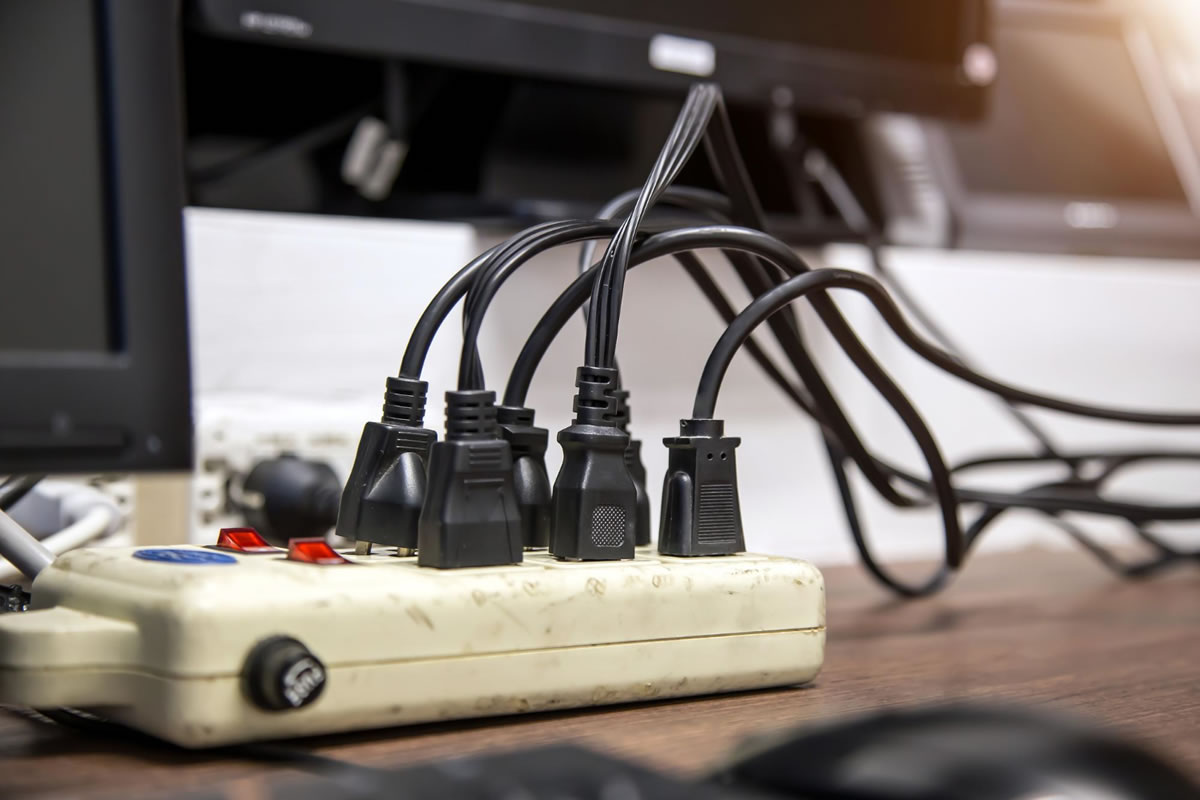Seven Residential Electrical Mistakes to Avoid

Adding worth to your home and fixing it up through do-it-yourself projects can be an ideal investment. However, electrical schemes require experienced electrical contractors in Apopka, FL, to do the job correctly. Do-it-yourself electrical undertakings can lead to costly blunders. In addition, inexperienced electrical work can risk electrocution, possible fire damage, and impairment to your whole electrical system. Our specialists present these mistakes that property owners make when attempting to work on their electrical systems themselves:
Cutting wires too short
Inexperienced electricians frequently cut wires too short during shots at upgrading residential wiring. Forgetting to leave at least three additional inches of wiring advancing from a junction box will probably create poor connections and safety threats.
Reversing polarity
Switching the neutral and hot electrical wires is perhaps one of the riskiest and typical home electrical oversights. You can cause severe electrical shock and impairment to electronics due to switching electrical polarity. However, licensed electrical contractors in Apopka, FL, understand how to accurately install wires, outlets, and controls to prevent this issue.
Junction box problems.
A plastic or steel junction box should invariably be used when adding a new electrical outlet or lighting fixture. A proper junction box is demanded anywhere that electrical contact is made. Loose connections or short circuits generate heat and sparks that are prevented from extending using an adequate junction box. In addition, these boxes must be unrestricted if repairs are needed and flush with your drywall. This means they can't be concealed in floors, ceilings, or walls and cannot be buried.
Faulty wiring connections
Misconnecting wiring is another typical amateur electrical mistake. Hacks may install wiring with the incorrect conduit fittings or without a wire nut, indicating that the fitting is not watertight. These connections also lack sound bonding if they are metal. Difficult to diagnose issues downstream of electrical contacts, and electrical shorts can be created when there are open wire connections.
Circuit overloads
Evading overload by testing electrical circuits is an essential part of an electrician's job. Unfortunately, nonexperts working with electricity often overload circuits and jeopardize their safety by surpassing rating standards.
Failure to install GFCI.
All wiring sites near ground or moisture, like restrooms, kitchens, and outdoor outlets, demand ground fault circuit interrupter (GFCI) outlets to guard from shock risks. However, installing GFCI outlets is complex because it affects two sets of terminals that can effortlessly be misconnected by someone who is not experienced in working with electricity. In addition, there is no current shock defense when a GFCI outlet is connected improperly.
Failure to ground or bond properly
Keeping your house's electrical system safe involves grounding. Electrical surges are harmlessly conducted into the earth when a wire is ground correctly. Attaching equipment that conducts electricity to system grounds is designated bonding. Bonding confirms that electrical breakers will trip when short circuits occur. Unfortunately, many homeowners ignore these critical elements of residential electrical systems, but professional electricians don't.
Avoid these standard household electrical blunders by hiring a licensed and professional electrician to do any electrical schemes in your home.